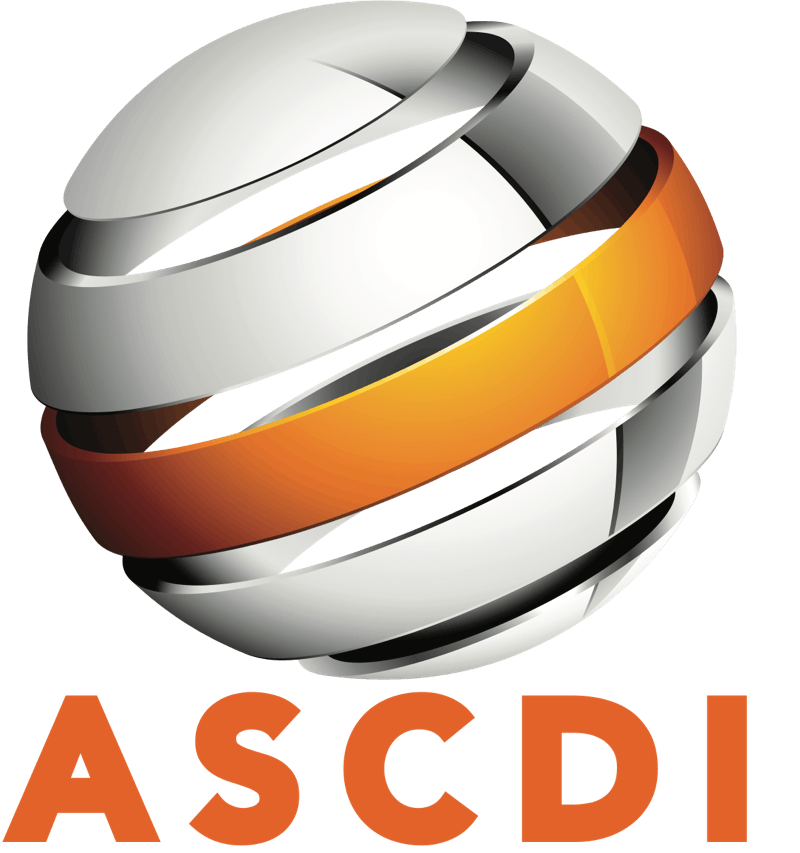Perspectives from Free State Foundation Scholars: April 3, 2013: Vol.8, No.
Posted with permission of;
The Free State Foundation
The Challenge of VoIP to Legacy Federal and State Regulatory Regime
by Daniel A. Lyons
Earlier this year, the Kansas Corporation Commission asserted jurisdiction to regulatecertain voice-over-internet-protocol (VoIP) services.(1) In California, the state legislature prohibited its Public Utility Commission from regulating VoIP service until at least 2020.(2) And these states are not alone: from Maine to Florida, several states are considering whether their jurisdiction over traditional telephone service encompasses this new technology, through which nearly one-third of American landline households already receive telephone service.(3) If so, nationwide VoIP providers could face up to fifty new legal regimes with which they must comply before offering service. If not, consumer migration away from traditional landline telephone service could leave state regulators with much less to regulate in the telecommunications realm.
The VoIP battle is the latest example of regulatory confusion caused by the increasingly anachronistic Communications Act.(4) Originally drafted in 1934 and last amended in 1996 at the dawn of the Internet age, the Act allocates jurisdiction between the federal government and the states primarily based upon the nature of the service and the network over which it is provided. Today, convergence is increasingly blurring lines that the Act assumed to be distinct. This means that companies and regulators must struggle in vain to fit new technologies into outdated regulatory categories.( 5)
Download and read the entire paper and footnotes as a .pdf at Challenge of VoIP to Legacy Regulatory Regimes
